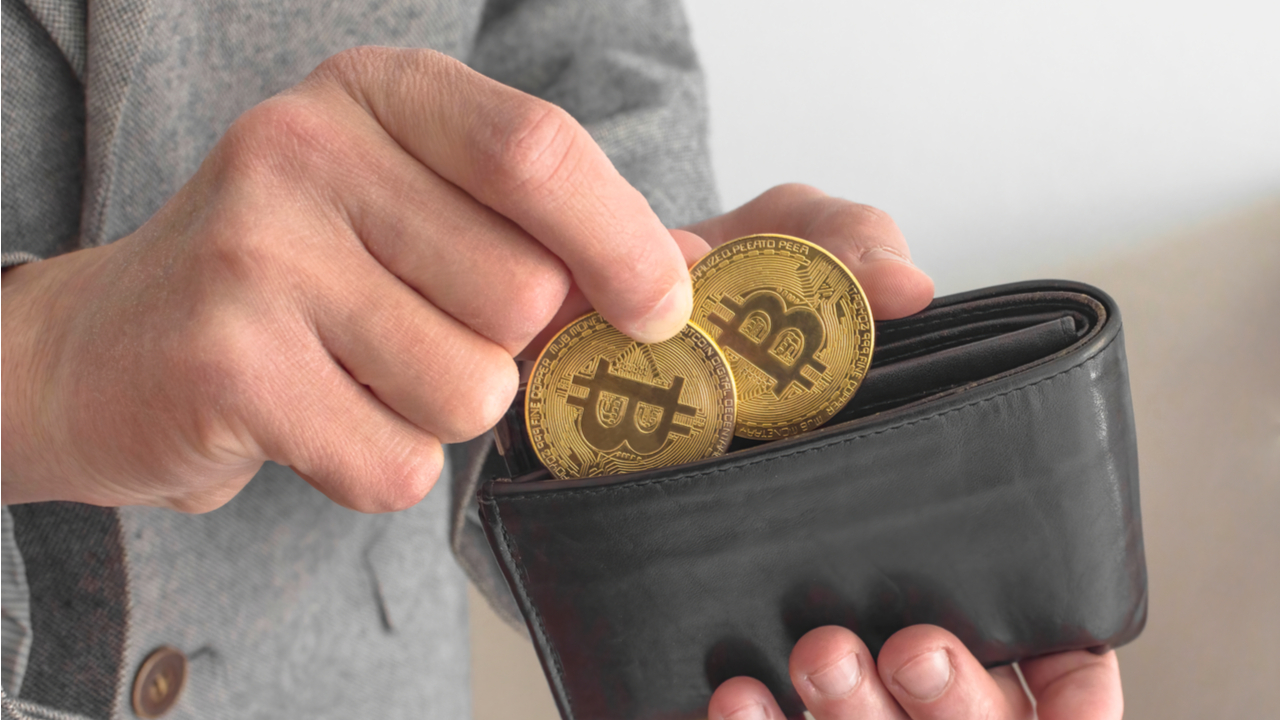
Russian Bankers Suggest Criminalizing Crypto Storage in Non-Custodial Wallets
Keeping cryptocurrencies in non-custodial wallets may be criminalized in Russia, if authorities accept a proposal from the trade association representing Russian banks. While financial regulators think the idea deserves attention, lawmakers and experts doubt it’s possible to implement such a measure. Russian Banks Move to Curb Use of Private Cryptocurrency Wallets Challenges with foreclosure and seizure of crypto assets held by debtors and criminals have motivated the Association of Banks of Russia (ABR) to suggest introducing criminal liability for storing coins in non-custodial....
Related News
The Association of Banks of Russia has previously collaborated with Binance as part of its expert center focused on crypto regulation. A major Russian banking association wants to criminalize keeping your own cryptocurrency keys.The Association of Banks of Russia, an organization including more than 300 Russian banks and financial institutions, has called on lawmakers to criminalize storing crypto outside of centralized exchanges on noncustodial wallets, local news agency Izvestia reported on Monday.In contrast to accounts at centralized crypto exchanges, noncustodial or self-custodial....
With bitcoin price increasing at a rapid rate and investors rushing in to purchase the digital currency, Jonas Schnelli, a Bitcoin Core developer and co-founder of minimalist bitcoin hardware wallet Digital Bitbox, cautioned users to rely on proper bitcoin storage methods. One basic practice which bitcoin users must always implement is preventing the usage of custodial wallet platforms. That means users should avoid using bitcoin wallet platforms or exchanges which allow third party service providers to hold user funds and bitcoin for the user. If users store bitcoin in a trusted....
Interest in hardware wallets allowing cold storage of cryptocurrencies is decreasing among Russian users after this year’s surge that followed the invasion of Ukraine. The sale volumes for these devices have almost halved, according to a report quoting leading marketplaces.
Russians’ Demand for Cold Storage Wallets Cools Down After Spike This Spring
Retailers selling hardware cryptocurrency wallets in Russia are now overstocked, market participants have told the leading Russian business daily Kommersant. That’s after earlier this year these products saw an....
Around $280M of the total of $1.4B lost in the ByBit hack on February 21, 2025, has now become untraceable, reiterating the importance of non-custodial storage options like Best Wallet. Lessons from the Biggest Crypto Theft in History ByBit’s co-founder and CEO, Ben Zhou, was the first to inform the public of the initial breach in […]
Blockchain.com will soon shut down accounts of Russian nationals, while companies like Binance are also working to apply the new EU sanctions. Crypto wallet provider Blockchain.com is the latest company to soon cease to provide services to Russian nationals due to the latest sanctions by the European Union.Blockchain.com has notified its users that it’s going to shut down accounts of Russian nationals in two weeks, the local news agency RBC reported on Oct. 14.According to the report, Blockchain.com will allow Russian users to withdraw their funds until Oct. 27, 2022. After that date, the....





